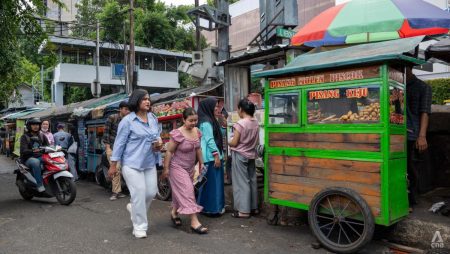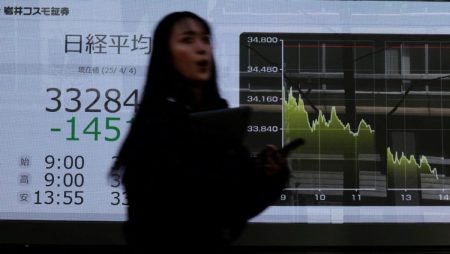Ukrainian officials have reported the tragic death of Yevhen Matveyev, the mayor of Dniprorudne, who was captured during Russia’s initial invasion of Ukraine in 2022. Matveyev, who was held in custody for almost three years, was reportedly tortured to death in a Russian prison. His body was returned to Ukraine as part of a recent prisoner exchange, further highlighting the grim realities faced by those caught up in the ongoing conflict. The regional governor of Zaporizhzhia, Ivan Fedorov, publicly condemned Russia for Matveyev’s death, noting the mayor’s commitment to his community during the occupation. He stated on social media that Matveyev had valiantly stayed with his constituents and worked tirelessly to support them amid crisis.
The circumstances surrounding Matveyev’s capture and subsequent death underscore the brutality of the war and the risks faced by local leaders. From the onset of the invasion, Matveyev was vocal in his efforts to safeguard the well-being of the residents of Dniprorudne. His continued presence in the city during the occupation exemplified his resolve, increasing calls for his release from various Ukrainian officials, including foreign Minister Dmytro Kuleba. Notably, European Council President Charles Michel also urged for Matveyev’s liberation, which drew international attention to the plight of Ukrainian leaders taken hostage during the conflict.
Matveyev’s body was part of a larger exchange that saw over 500 fallen soldiers and civilians returned to Ukraine. This exchange system has been an ongoing element of the conflict since the invasion began, with both sides regularly trading prisoners and remains. These exchanges highlight the deep human toll of the war and emphasize the ongoing need for resolution and recognition of the suffering experienced by individuals and their families throughout the conflict.
Simultaneously, the war shows no signs of abating, with hostilities escalating further as both Russian and Ukrainian forces engage in more intense military action. The recent push into the Kursk region by Ukraine marked its first significant advance into Russian territory since the conflict erupted. The increased military activity has prompted heightened response from Moscow, as authorities work to reclaim lost ground. This renewed fighting complicates already strained relations and adds to the unpredictability of the situation.
In the United States, President Joe Biden is taking a proactive stance as he nears the end of his term. The Biden administration has recently sent an additional $725 million military aid package to Ukraine, which includes advanced surface-to-air missile systems. Additionally, a significant change has been made regarding U.S. policy, as Biden now permits Ukrainian forces to launch long-range missile strikes into Russian territory. This change followed a strategic strike by Ukraine on the Kursk region, utilizing Storm Shadow missiles—a move previously restricted.
This precise strike reportedly targeted a command center for Russian forces at a presidential compound, further escalating tensions between the two nations. The developments indicate that both sides are willing to increase their military engagements, potentially leading to a broader conflict if diplomatic solutions are not urgently sought. As each faction ramps up operations, the situation remains fluid and volatile, insisting upon international monitoring and advocacy for peace amidst the harrowing human costs of the war.










